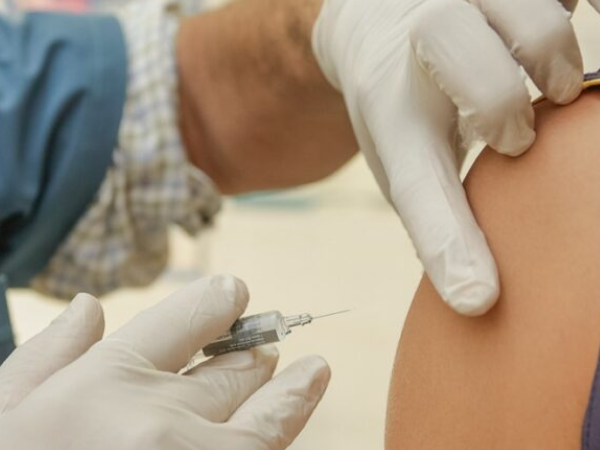The COVID-19 pandemic and its preventive measures were met by the public with a lot of skepticism, and public health messages soon became a very divisive topic among the public especially in the online sphere. On top of that, political dynamics started polarizing opinions even more as political voices and ideologies were raised.
This study focuses on the influence of individuals’ fear of isolation in expressing themselves about the COVID-19 pandemic, the preventive measures recommended by officials, or any topic related to controversial health issues. Researchers examined whether the threat of isolation would discourage social media users to voice their opinions about COVID-19 in fear of holding a minority opinion and therefore undergoing social repercussions such as being isolated from other users.
Research questions and hypotheses included whether or not fear of isolation would negatively impact opinion engagement regarding COVID-19, the role of social media in relating to opinion expression and fear of isolation, and the other influences on the relationship between fear of isolation and opinion expression. Researchers used the STOPS method throughout the study (Situational Theory of Problem Solving), which combined elements like level of involvement, problem recognition, and constraint recognition. These parameters helped define four different types of publics: active (highly involved, perceiving no constraint in dealing with the situation), aware (involved but perceiving constraints), latent (facing the problem, but not being active about it), and non-publics (little involved, not perceiving the situation as problematic).
The study gathered 338 individuals, both male, and female, and took place in March 2020, in the early stages of the pandemic in the United States. Participants were asked to answer a series of questions on a Web-based survey on Qualtrics. Most participants were social media users (93.8%) and reported using social media to read about COVID-19 (75,0%). The survey helped determine levels of fear of isolation; problem, constraint, and involvement recognition; type of public (active, aware, latent, non-public), and habits of information seeking and opinion expression.
Results showed that fear of isolation negatively impacts opinion expression engagement and positively impacts opinion expression avoidance. They also showed that those expressing a bigger fear of isolation were less likely to engage in opinions about COVID-19. Among the diversity of opinions and misinformation about the pandemic, people remain worried about being judged and therefore refrain from voicing their opinion on the online public sphere. Further research can examine the link between fear of isolation and judgment and disclosure of COVID-19 vaccination status.
To read more: https://www.tandfonline.com/doi/abs/10.1080/08838151.2021.2008937








